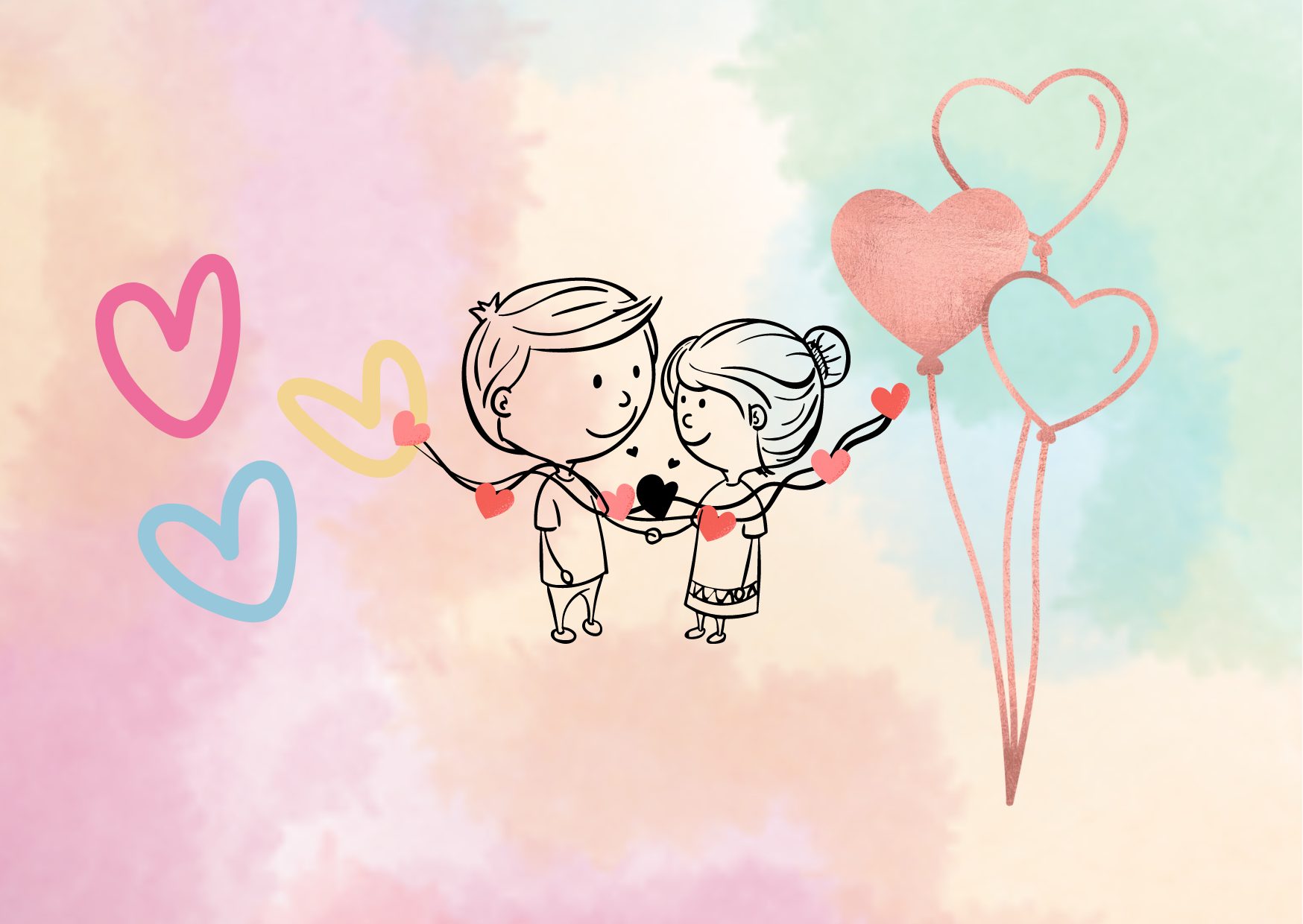What is Love? Exploring the Meaning, History, Signs, and Types
Love, the mysterious energy that unites us, has long been a source of interest. The effort to discover the actual meaning of love has lasted throughout time, from the philosophers of ancient Greece to contemporary science. It includes an intricate web of feelings, actions, and experiences that can differ considerably from person to person. In this essay, we will go deep into the meaning and history of love, as well as its numerous forms. We will also look at some of the telltale indications of love.
What is Love?
Understanding the Meaning of Love
Love, at its core, is an intense feeling of euphoria and deep affection towards someone or something. It encompasses care, closeness, protectiveness, attraction, affection, and trust. It is a multifaceted emotion that can bring about a range of positive feelings such as happiness, excitement, and life satisfaction. However, it can also give rise to negative emotions like jealousy and stress. Love is a complex interplay of various factors, including biology and culture, which shape our understanding and experience of this profound emotion.
The History of Love
Love has been a central theme in human history, inspiring art, literature, and music throughout the ages. The ancient Greeks, renowned for their philosophical insights, recognized the diverse nature of love and developed different words to describe its various forms. These include:
- Eros: This type of love is associated with sexual passion and desire.
- Philia: Philia represents deep friendship and camaraderie.
- Ludus: Ludus refers to playful love, characterized by a lighthearted and flirtatious nature.
- Agape: Agape is a selfless, unconditional love that extends to all humanity.
- Pragma: Pragma represents longstanding love, built on commitment, understanding, and compromise.
- Philautia: Philautia is self-love, encompassing both self-care and self-compassion.
- Storge: Storge embodies the love between family members, rooted in familiarity and affection.
- Mania: Mania is obsessive love, characterized by possessiveness, jealousy, and intense emotions.
These ancient Greek concepts of love continue to resonate today, providing us with a framework to understand the different dimensions of love in our own lives.
Signs of Love
How do you know if you’re truly in love? While there is no definitive answer, there are certain signs and behaviors that can indicate the presence of love. Psychologist Zick Rubin developed a scale to distinguish between liking and loving someone. According to Rubin, romantic love comprises three key elements:
- Attachment: Feeling a deep need to be with the person, desiring physical contact, and seeking their approval.
- Caring: Valuing the other person’s happiness and needs as much as your own.
- Intimacy: Sharing private thoughts, feelings, and desires with the other person.
These elements form the foundation of romantic love and serve as indicators of a deep emotional connection.
